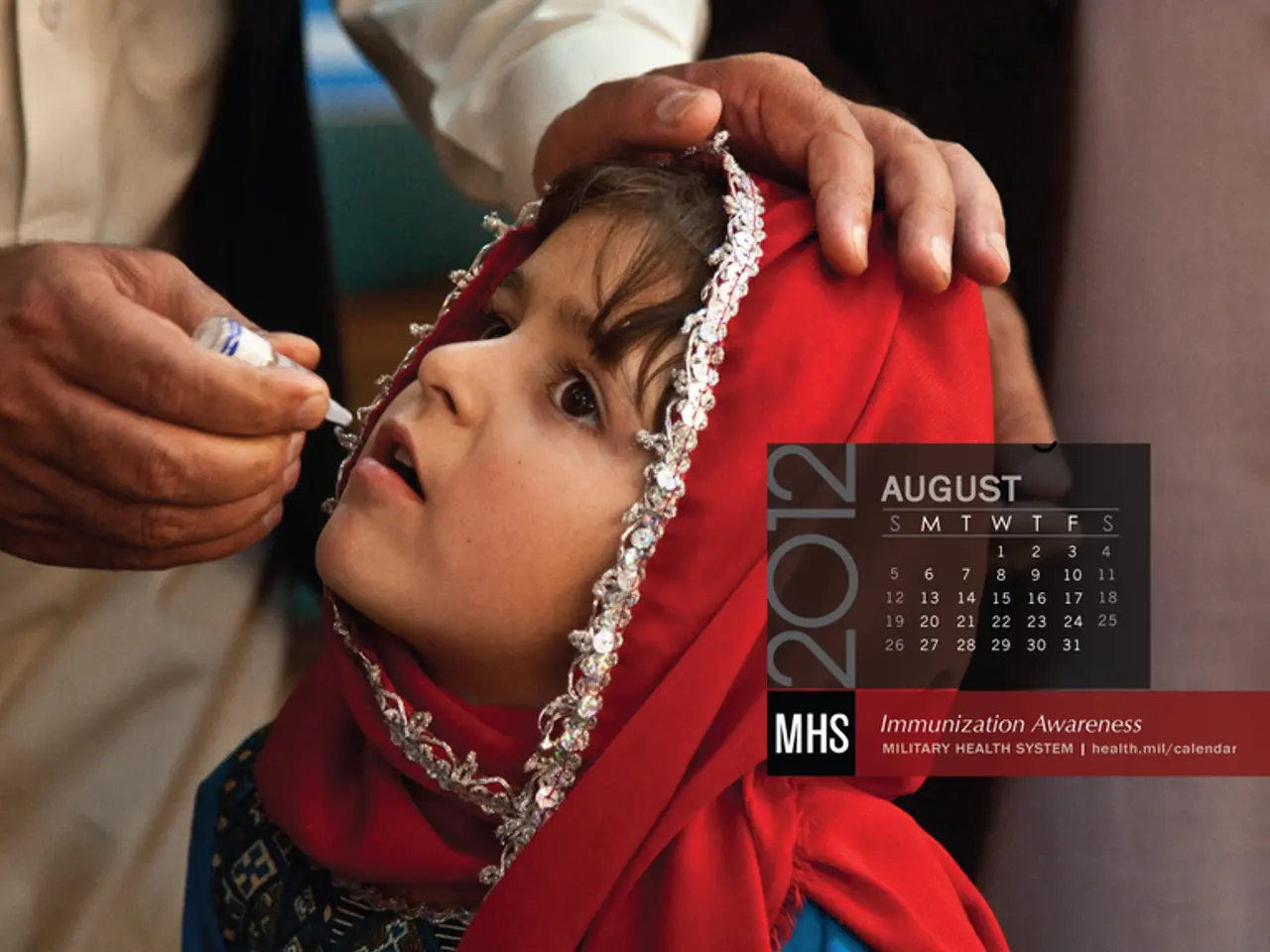Newborn Hepatitis B Vaccination Safety Affirmed Temporarily
The Advisory Committee on Immunization Practices (ACIP) is set to make a decision this morning regarding a controversial proposal to delay the universal hepatitis B vaccination of newborns until they are four years old. This shift, if implemented, would mark a departure from the current recommendation of vaccination shortly after birth.
The hepatitis B vaccine has been considered very safe in children, with most side effects being mild and short-lasting. No evidence suggests that children face a higher safety risk from receiving the vaccine at birth compared to later in life. In fact, the first shot of the hepatitis B vaccination was initially recommended for children between one and two months of age, but by 2005, the recommendation changed to only at birth (with exceptions for premature infants).
The universal strategy for hepatitis B vaccination was endorsed after the failure of the previous strategy of only vaccinating high-risk individuals. Hepatitis B can be passed from an infected mother to the child during childbirth, making universal vaccination crucial for newborn protection. However, it's worth noting that some peer countries do not vaccinate their children against hepatitis B at birth, but they usually provide universal health care and better screen for the viral disease in mothers.
The CDC argues that universal birth vaccination for hepatitis B is an important safety net for children in the U.S., as many cases of hepatitis B in children are asymptomatic, but most will develop a lifelong infection. Approximately 25% of children with hepatitis B will experience serious health problems, including cirrhosis and liver cancer.
The proposal for a delay in the hepatitis B vaccination is being championed by Robert F. Kennedy Jr. and a recently reconstituted CDC advisory panel, under his influence as Secretary of Health and Human Services. They argue that young children can be infected by other family members, meaning a mother with a negative test doesn't guarantee a lack of risk.
However, the CDC found no evidence of a link between the hepatitis B vaccine and potential severe side effects such as anaphylaxis, neurological problems, and sudden death. Prevention programs often fail to identify infants born to infected mothers, making universal vaccination at birth even more crucial.
The ACIP's decision comes amidst calls for a working group to be formed to better discuss the hepatitis B vaccine matter. Several ACIP members and outside experts have voiced their concerns, which may delay the vote further. The next ACIP meeting is scheduled for October 22 and 23, which is the last meeting scheduled for the year.
Widespread hepatitis B vaccination has significantly reduced cases of the viral infection in the U.S., particularly among newborns. Despite the ongoing debate, the safety and effectiveness of the hepatitis B vaccine remain undisputed. As the ACIP makes its decision, the focus remains on ensuring the health and well-being of all children.
Read also:
- Connection Between ADHD and Trauma?
- West Nile Virus detected in Kentucky for the first time; authorities advise locals to adopt safety measures
- Protesting for Mahsa Jina Amini and Women's Rights: Igniting a Humanitarian Era amidst an Era of Prejudice
- Examination of Survey Weighting Methods for Historical Presidential Elections





